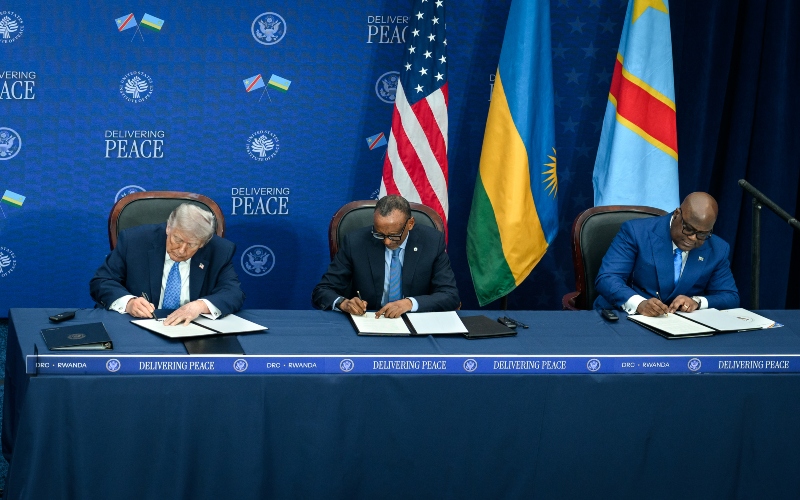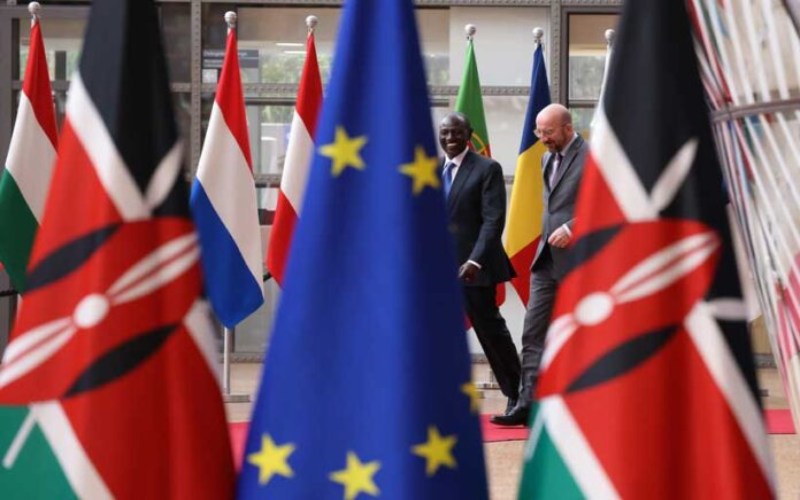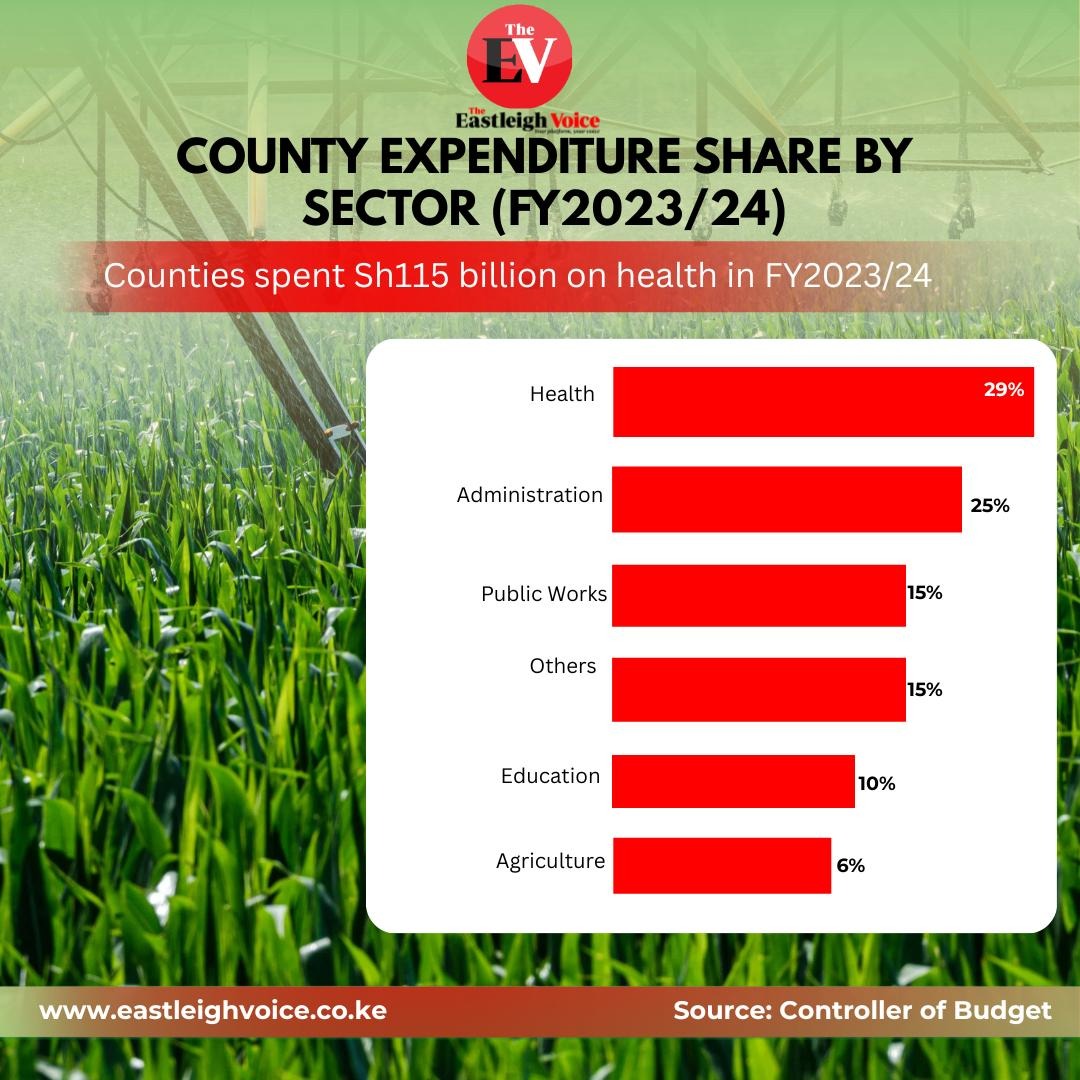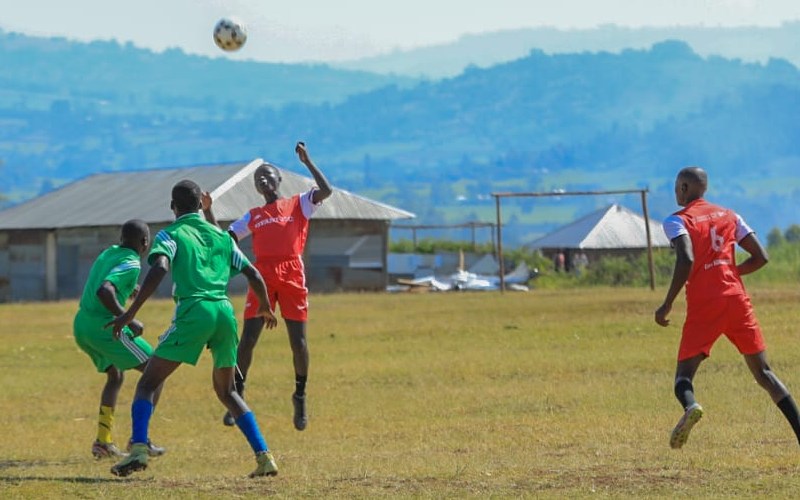Explainer: What Protected Areas Act says ahead of anticipated JKIA demos
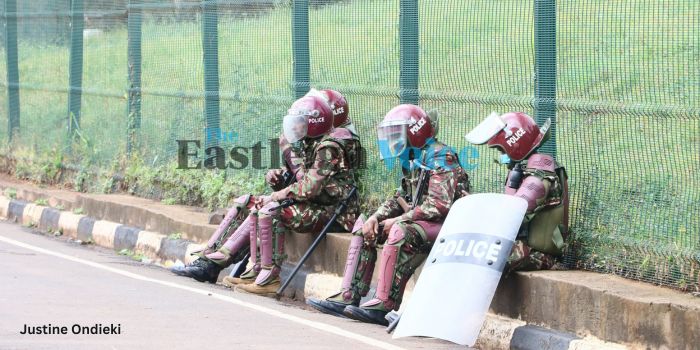
A protected area, as highlighted in the Protected Areas Act, is a place where extra precautions are taken to prevent unauthorised entry while also maintaining public safety and order.
3All eyes will be on Jomo Kenyatta International Airport (JKIA) as protestors threaten to storm the area in demos titled #OccupyJKIA.
Acting Inspector General of Police Douglas Kanja clarified on Tuesday that JKIA is a protected and secured area. The police will, hence, coordinate with other security forces to guard it.
"For the avoidance of doubt, protected areas include among others, the LPG plant, the bitumen plant and the petroleum depots situated at JKIA," he said.
More To Read
- Bill targets unsafe pesticide sales on online platforms
- Kenya sees major boost from visa-free policy as tourist numbers hit 1.8 million
- Kenya Kwanza adds Sh3 trillion to national debt in three years, CBK reveals
- Kenya Airways staff jailed for 25 years for trafficking heroin
- Governance Committee orders mandatory audit attendance for university heads
- IEBC urges Parliament to fast-track election reforms for fairness and speed
But what is a Protected Area?
A protected area, as highlighted in the Protected Areas Act, is a place where extra precautions are taken to prevent unauthorised entry while also maintaining public safety and order.
Some of the listed Protected Areas include State House Nairobi and Mombasa, all State Lodges, all barracks, Kenya Army camps, Kenya Airforce Force aerodromes, Kenya Navy Headquarters, Kenya naval base, National Youth Services camps, Parliament Buildings and Police General Service Unit Base Camps.
Others are;
Embakasi Garrison Camp, Kenya Medical Research Institute (KEMRI), Police General Service Unit Training Centre, Armed Forces Memorial Hospital, Defence Staff College, Karen and National Defence College, among others.
The Protected Areas Act sets out comprehensive guidelines aimed at safeguarding public safety and order by regulating access to specific areas, places, or premises designated by the Cabinet Secretary for Interior.
This regulation is essential for maintaining security and ensuring that unauthorised individuals do not enter sensitive zones.
Under the Act, if the CS deems it necessary or expedient for public safety and order, they can declare any area, place, or premises a protected area by an order published in the Gazette.
This designation ensures that no person can enter such areas without the permission of the prescribed authority or another specified person.
However, the CS's declaration of a protected area must be presented to the National Assembly at its next sitting.
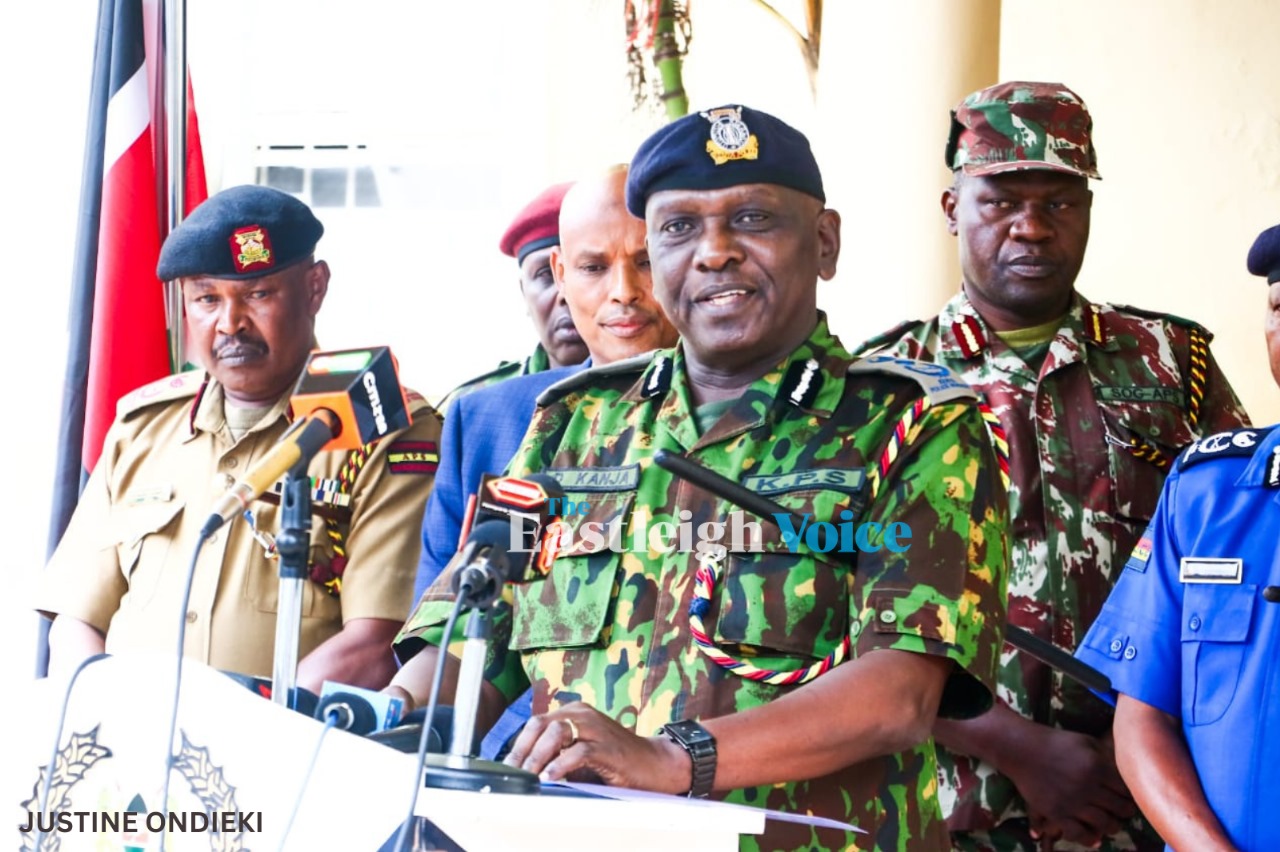 Acting Inspector General of Police Douglas Kanja addresses the press at Jogoo House, Nairobi on July 14, 2024. (Photo: Justine Ondieki/EV
Acting Inspector General of Police Douglas Kanja addresses the press at Jogoo House, Nairobi on July 14, 2024. (Photo: Justine Ondieki/EV
Permission to enter a protected area
Any person who is granted permission to enter a protected area must comply with the directions given by the authority or person granting permission.
Failure to adhere to these directions can result in removal from the area and potential legal consequences.
The Act empowers police officers or authorised persons to search any person or item found in or entering/leaving the protected area and detain them for that purpose.
This includes the ability to stop and detain individuals, conveyances, vehicles, vessels, or containers for the purpose of conducting a search. Detained persons are considered to be in lawful custody during this process.
If any item is found containing arms, ammunition, explosives, or stores unlawfully or without permission, it will be forfeited, and its contents will abide by the directions of the CS.
Individuals granted permission to enter a protected area are required to comply with directions regulating their conduct, which may be given by the prescribed authority, the person granting the permission, or the police officer in charge of the district.
If a person is found in a protected area in contravention of the Act or fails to comply with any direction given, they may be removed from the area by any police officer or authorised person. Any person who fails to stop after being challenged twice may be arrested.
"Any person detained for the purpose of being searched shall be deemed to be in lawful custody," reads the ACT.
The use of arms is permitted only when there is a reasonable belief of imminent danger of grievous bodily harm and if the arrest cannot be effected otherwise.
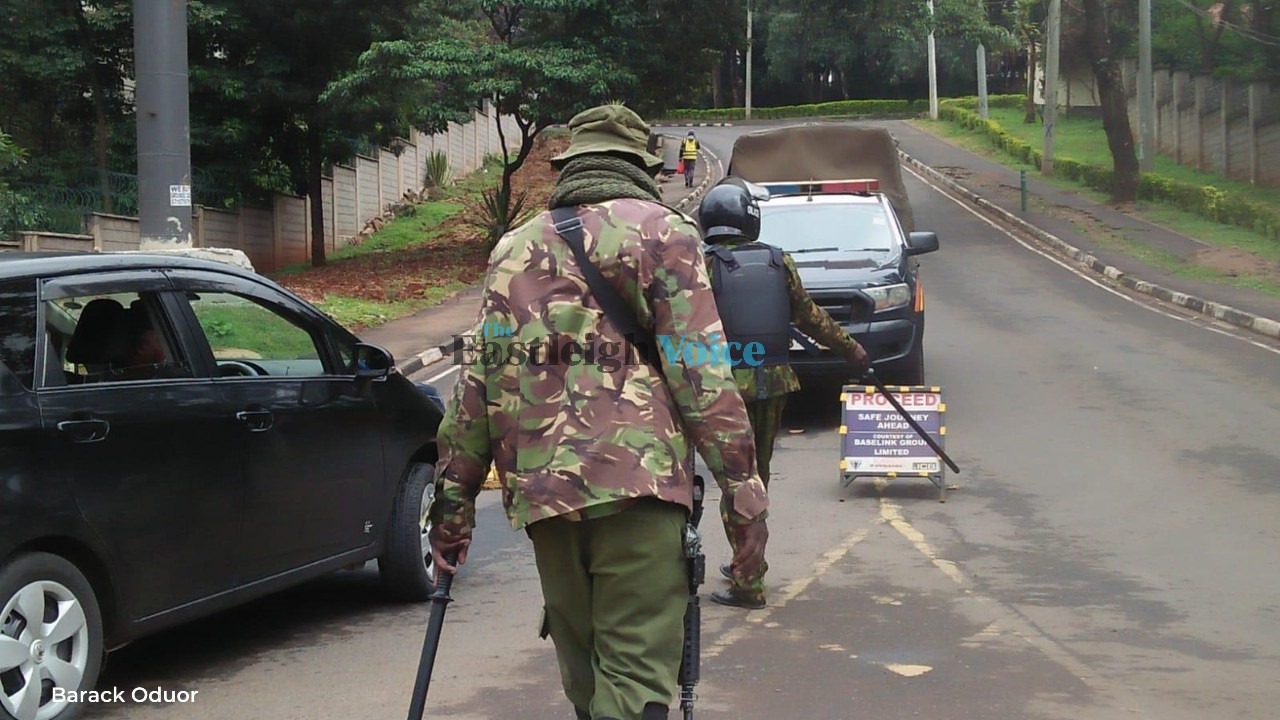 Security checks were placed on all roads leading to State House, Nairobi on June 27, 2024. (Photo: Barack Oduor)
Security checks were placed on all roads leading to State House, Nairobi on June 27, 2024. (Photo: Barack Oduor)
However, the use of arms must aim to disable rather than kill.
"The use of arms under this section shall be, as far as possible, to disable and not to kill," reads the ACT.
The Act mandates the prescribed authority to take reasonable precautions to prevent inadvertent or accidental entry into protected areas, especially during the hours of darkness.
These precautions include fencing the protected area and prominently displaying warning notices.
Once these precautions are in place, no compensation or damages can be claimed for injuries or deaths resulting from unauthorised entry into the protected area.
Penalties
Penalties are imposed on anyone who violates the provisions of the Act.
Any person found in a protected area without permission or who fails to comply with any order shall be guilty of an offence and liable to a fine not exceeding Sh10,000, to imprisonment for a term not exceeding two years, or to both.
Top Stories Today

